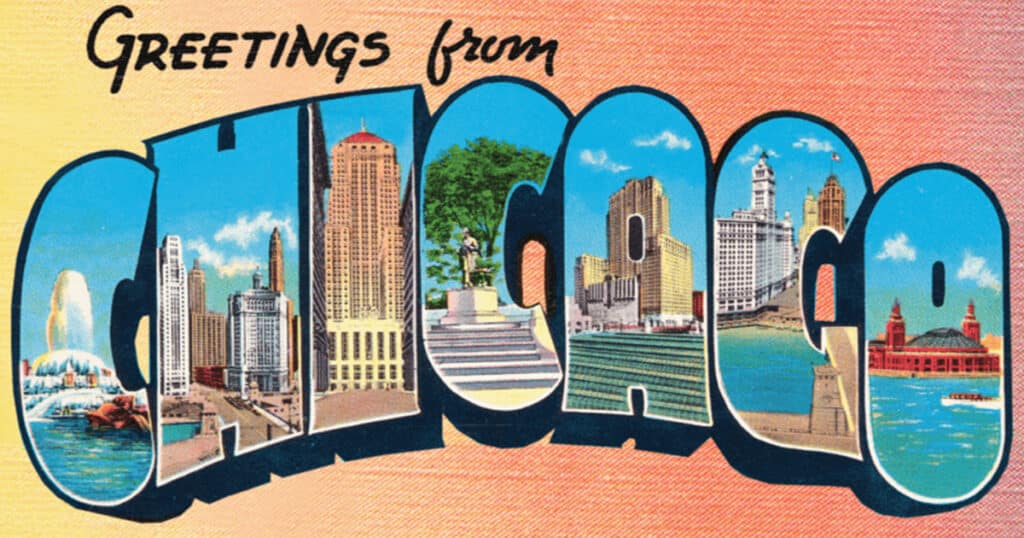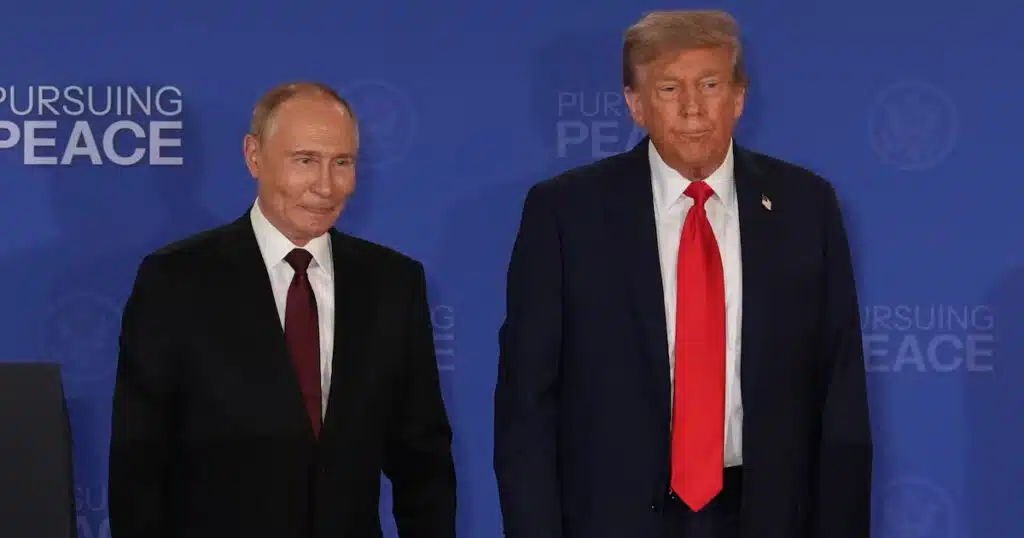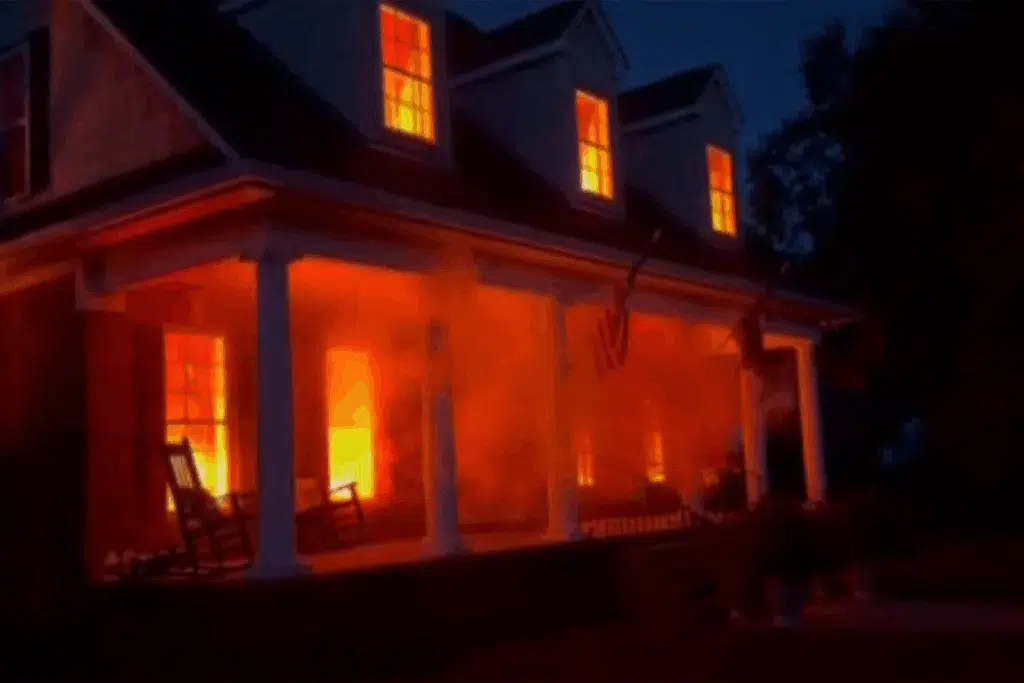
The Chicago Teachers Union Now Runs the Mayor’s Office
Socialism hasn’t always been mainstream. It started off as radical: too hot to touch. So in 2010, radical new leadership of the Chicago Teachers Union started slowly.
“Convincing our members to wear a red T-shirt on Friday was a task,” said Brandon Johnson, who on April 4 became mayor-elect in Chicago. He was speaking at the Socialism 2013 conference about his push to normalize radical progressive politics among rank-and-file Chicago teachers. “Took us a year to convince [Chicago Teachers Union] members that it’s OK to associate yourself with labor. The baby Socialists would just wear the buttons, right? You gotta start them off gently. And so eventually, they started putting on red T-shirts.”
Those red shirts flooded the city of Chicago in 2012, as teachers union members packed city trains, crowded city streets, and abandoned city schools during one of the most militant and contentious teacher strikes in the city’s history.
The red shirts have become a constant symbol of CTU’s growing power. Since the 2012 strike, CTU has only grown stronger under the watchful eyes of uber-progressive leaders such as Karen Lewis, Jackson Potter, Jesse Sharkey, and current CTU president Stacey Davis Gates.
CTU leadership’s brand of union politics has little to do with students and teacher representation and more to do with an expansive political agenda that includes defunding the police, hiking taxes (on “the rich,” broadly), and pumping more city resources into the Chicago Public Schools system, where classroom spending is way up and student outcomes way down since the Caucus of Rank and File Educators rose to power.
Since 2010, CTU has drawn the blueprint for how to seize control over America’s largest cities. The union runs the schools, holding as hostage Chicago kids and families whenever union bosses are unhappy with management. They also donate to the bulk of the Chicago City Council, having contributed financially to 34 of Chicago’s 50 current aldermen.
But their reach expands beyond the city to politicians in the Illinois statehouse. In total, CTU since 2010 has spent at least $19 million on politics in Illinois, including over $2.5 million to Illinois Senate and House candidates.
Even Illinois Gov. JB Pritzker likes to cater to the CTU, passing a law that gave the union more leverage in contract negotiations and more opportunities to go on strike. By contrast, eight of the nation’s 10 largest school districts prohibit teacher strikes.
The consequences of increased CTU power and the ideology they’ve pushed on Chicago are clear.
There have been five work stoppages – in 2012, 2016, 2019, 2021, and 2022 – since CORE took over. The city has increased spending by 55% since then, but nearly 80% of Chicago 11th graders could not read or perform math at grade level, according to state data from 2022. Meanwhile, nearly half of CPS students are chronically absent. Nearly 90,000 students have left the district since 2010, and nearly one-third of CPS schools are half full.
With results like that, the union still clamors for more power. And they take out anyone who stands in their way. After beloved CPS teacher Joe Ocol refused to walk out on his students during the 2016 teacher strike, he was kicked out of CTU and asked to give up his pay.
Ifeoma Nkemdi refused to leave the classroom during the 2019 walkout, too. She said union members vulgarly threatened and harassed her, surrounding her in the parking lot as she crossed the picket line.
“Students need to be in the classroom,” Nkemdi said. “We can negotiate while teaching.”
The political ambition of union leadership has gotten so out of hand that a handful of teachers have taken the brave step of suing their union, filing an unfair labor practice claim because the union won’t stop violating its own rules by taking member dues and funneling them into political spending – namely, Johnson’s mayoral campaign.
Chicagoans started to catch on to CTU’s political ambitions and corruption as the election cycle played out, with CTU favorables dropping precipitously from +17 to +2 during election season. Parents already knew how bad CTU’s influence could be – 52% of Chicago parents polled just weeks before the election said CTU had too much power over city government. Unfortunately, it was too late to stop CTU from seizing the mayor’s office.
So what now? Randi Weingarten, president of the American Federation of Teachers, invested heavily in Johnson after an embarrassing loss in the Virginia gubernatorial election. She spent time stumping for the CTU’s candidate ahead of Election Day.
Why? She smells opportunity to replicate teachers union efforts to win major political offices in other cities. What union boss wouldn’t want to sit across from one of their own at the bargaining table? Winning the mayor’s office in Chicago is the perfect way to cut out the middleman. The Chicago election made one thing very clear: Teachers union leadership is more political than ever, and their focus has shifted from kids and teachers to gathering power.
Chicago is the first city to hold major mayoral elections in 2023. Others will follow later this year, including Houston and Philadelphia.
“From Philly to Chicago, a movement of educators fought against decades of austerity, anti-teacher, school closing policies and now we are remaking our cities,” tweeted Philadelphia mayoral candidate Helen Gym, a former teacher turned social justice movement leader, after Johnson declared victory. Like Johnson, she has the backing of her city’s local AFT union affiliate. “Joyful for Chicago. We got next Philly!”
Voters in those cities should keep an eye on Weingarten’s travel itinerary. They may be next.
This article was originally published by RealClearPolitics and made available via RealClearWire.



